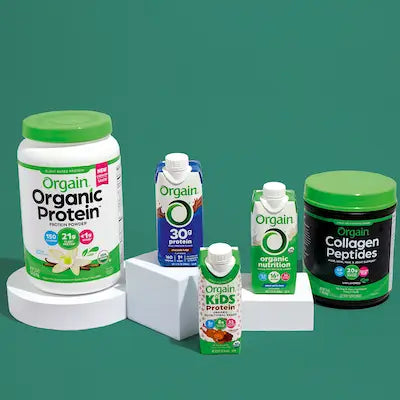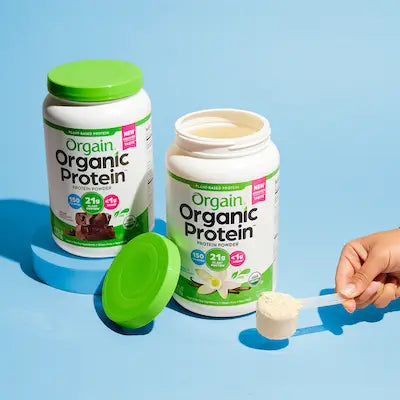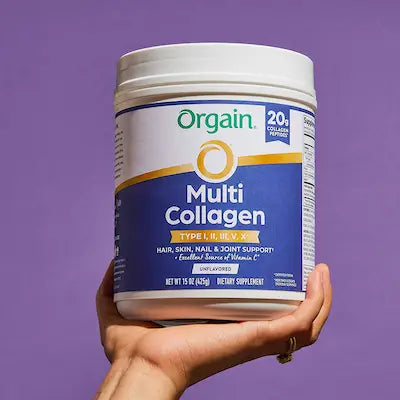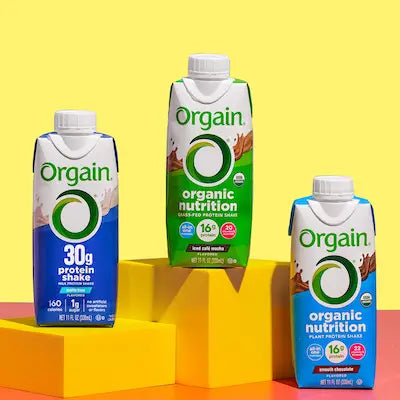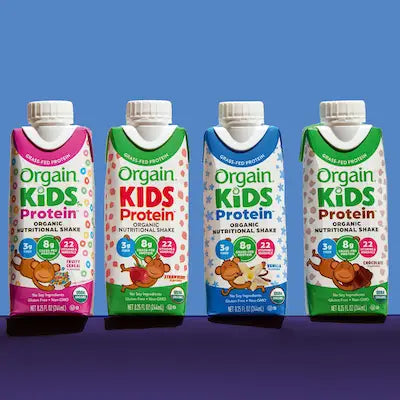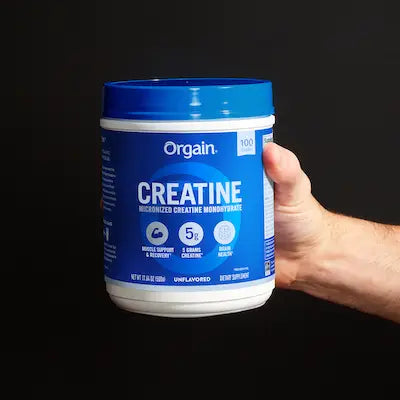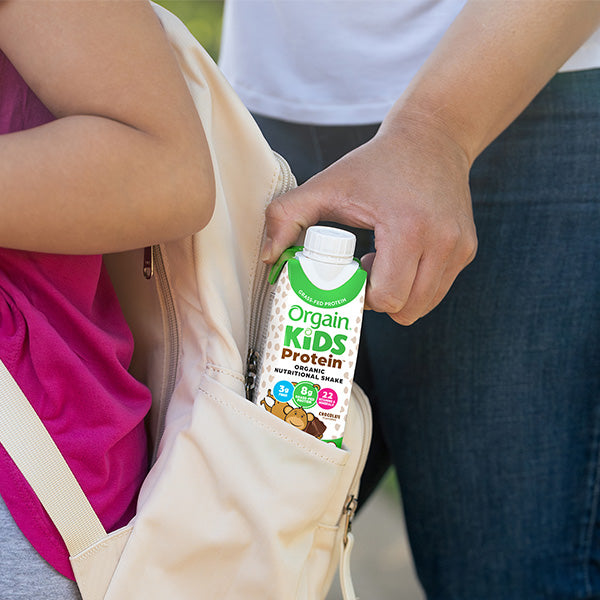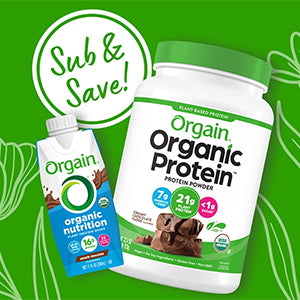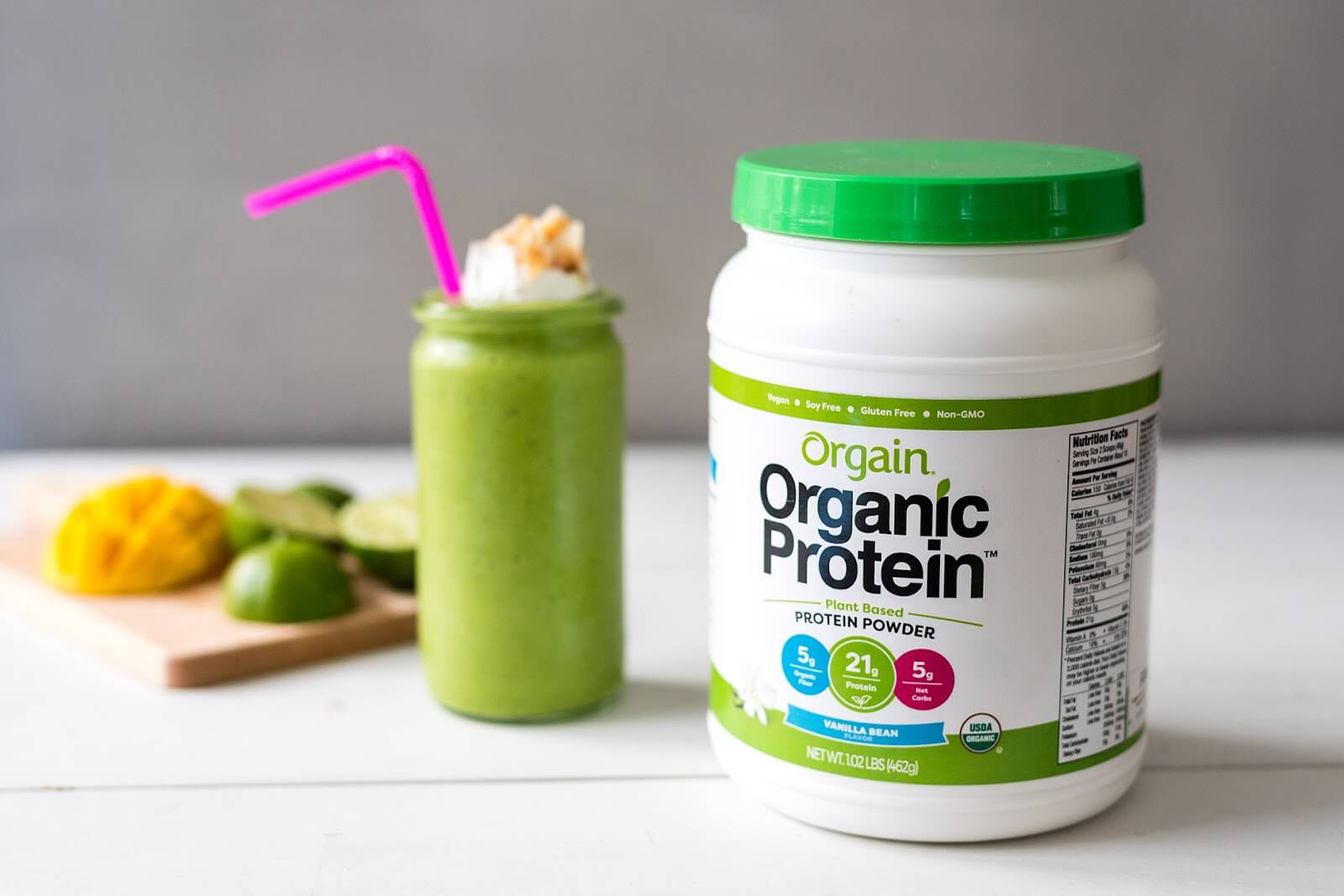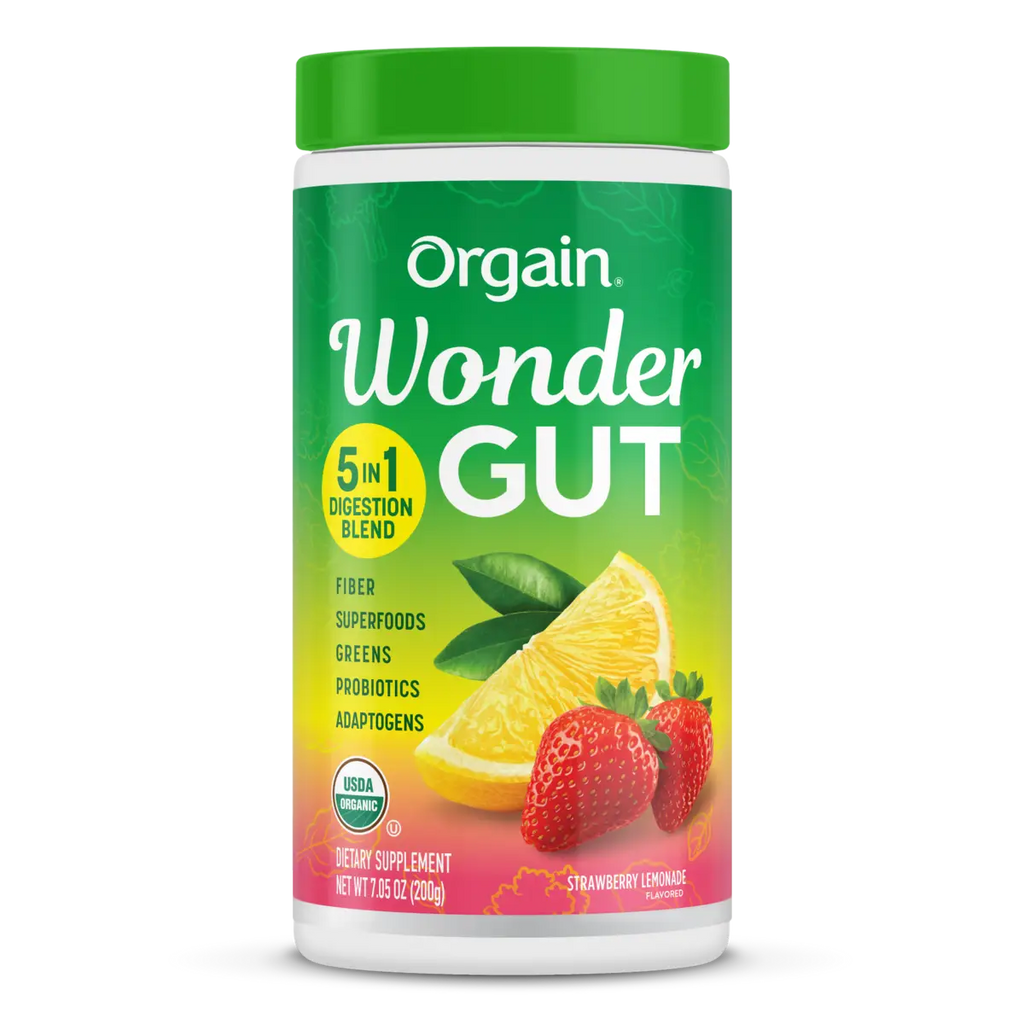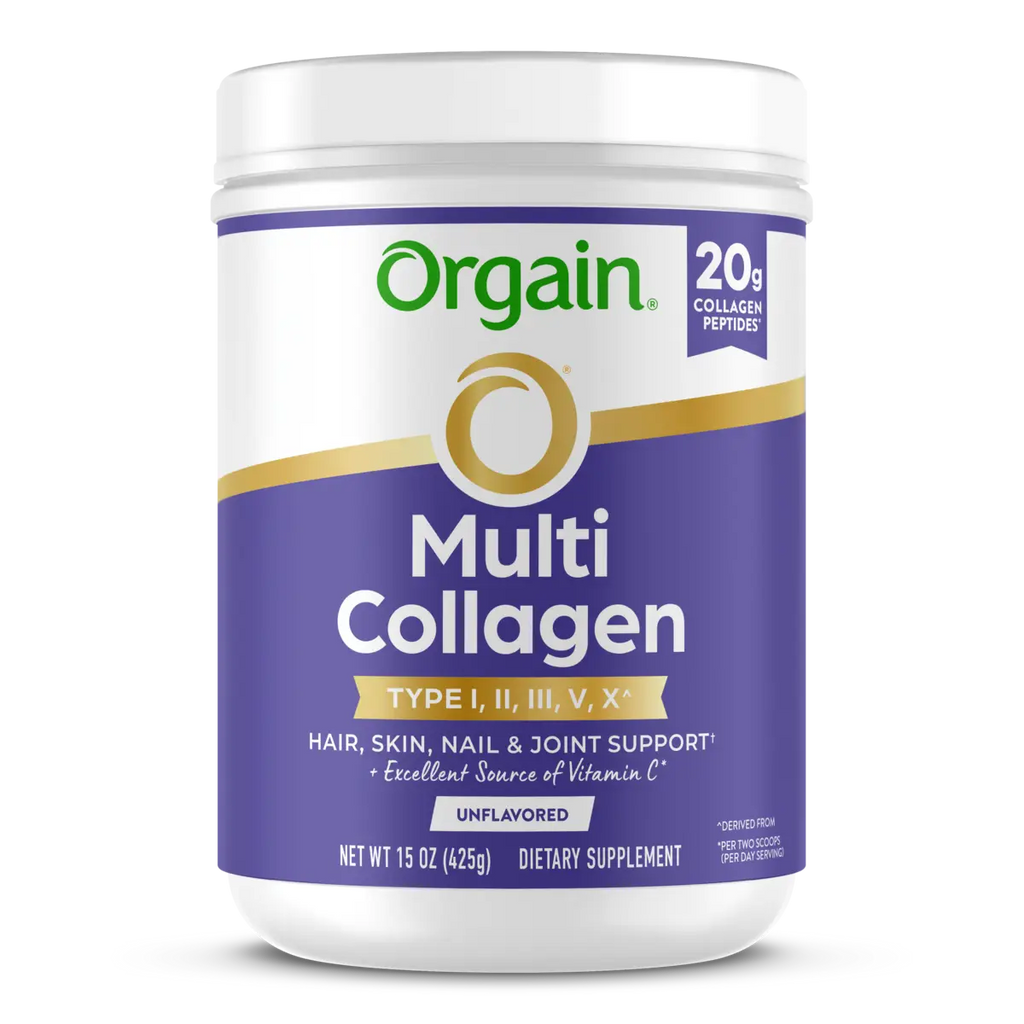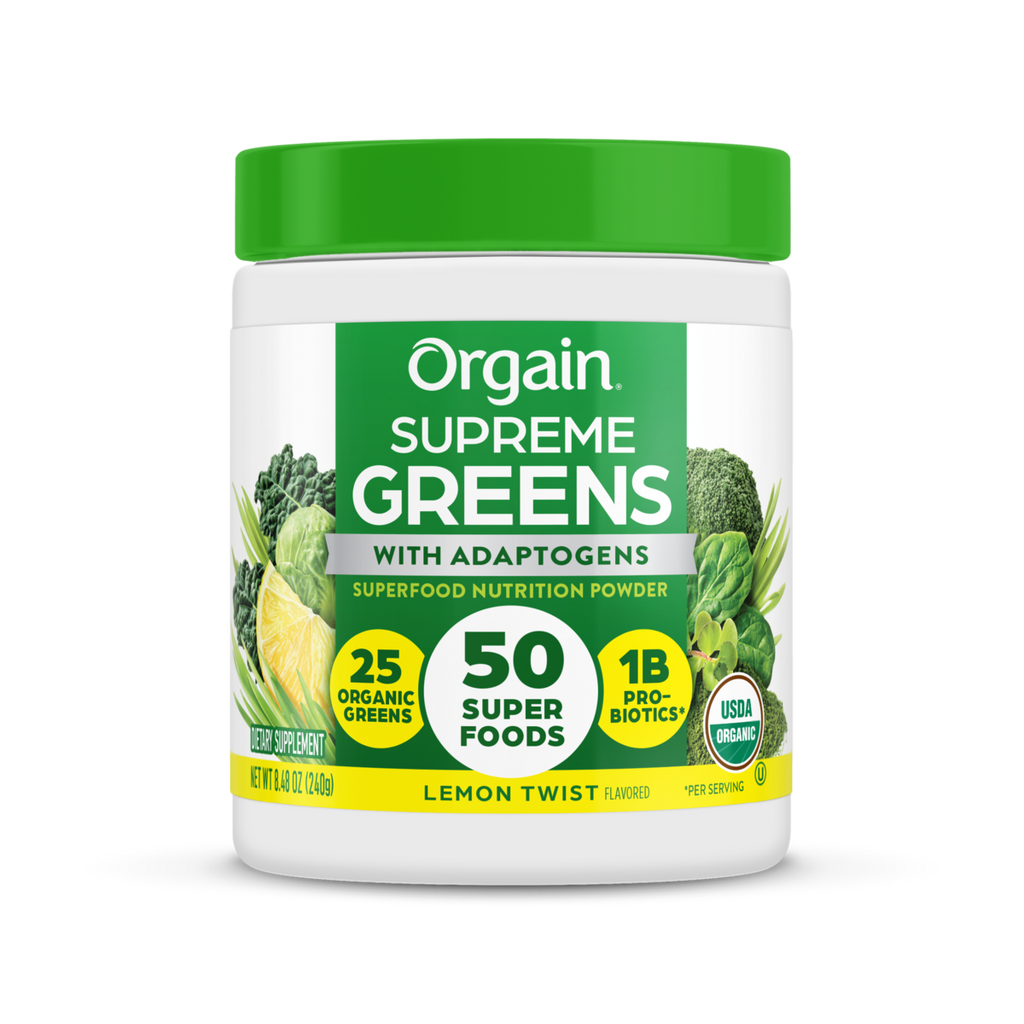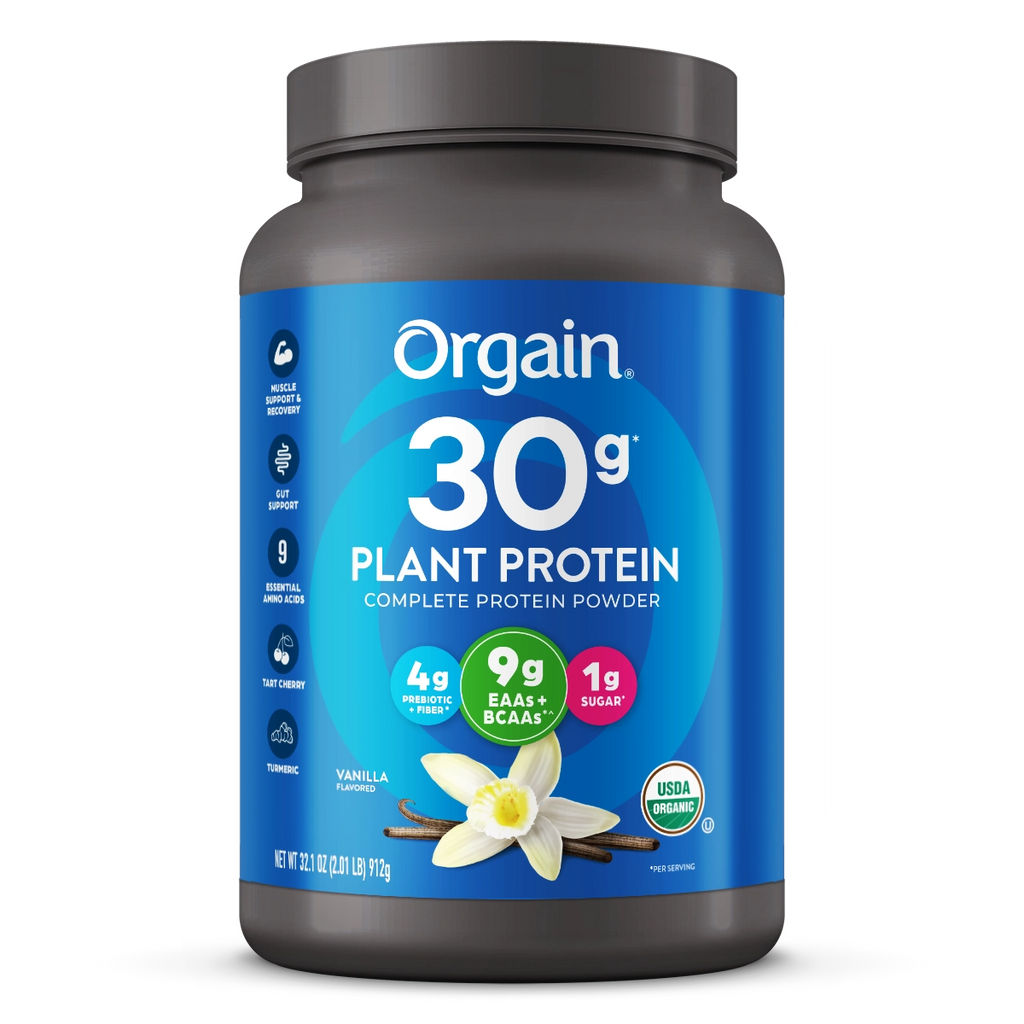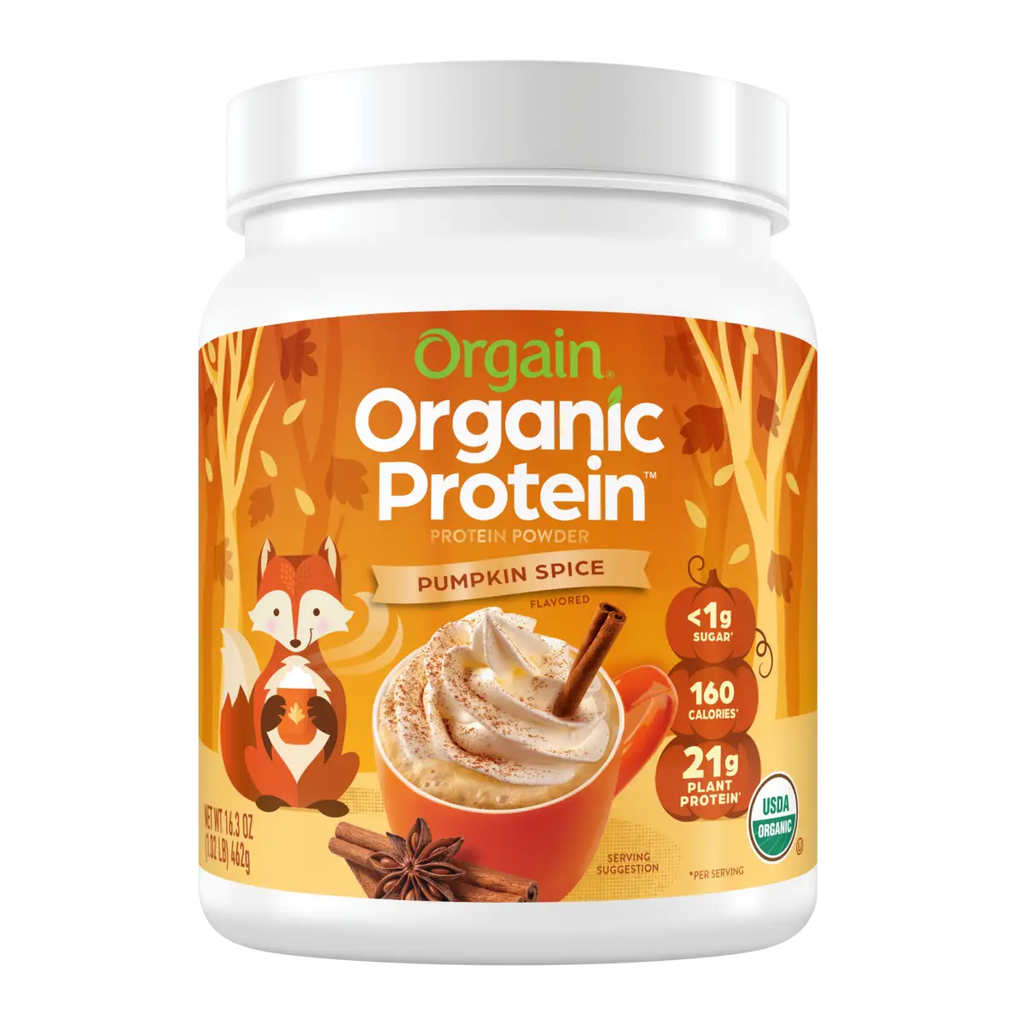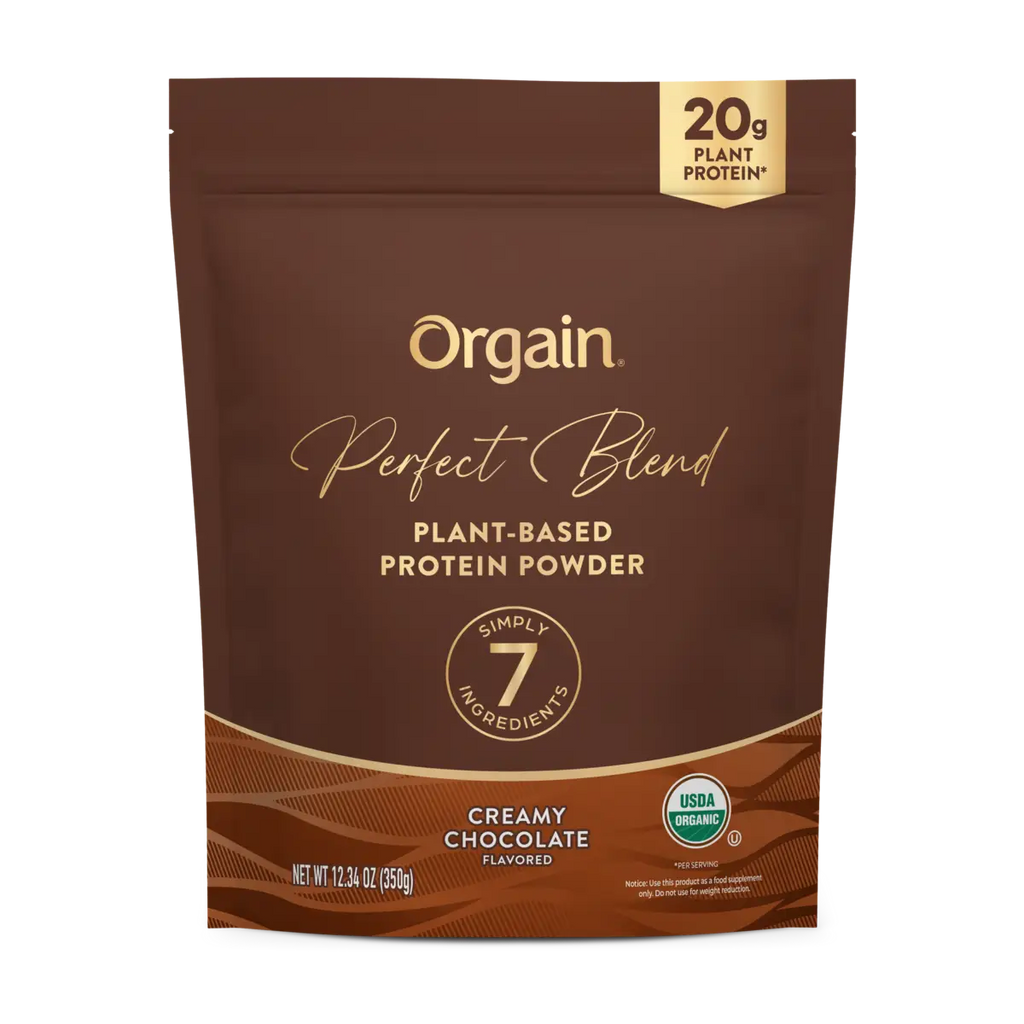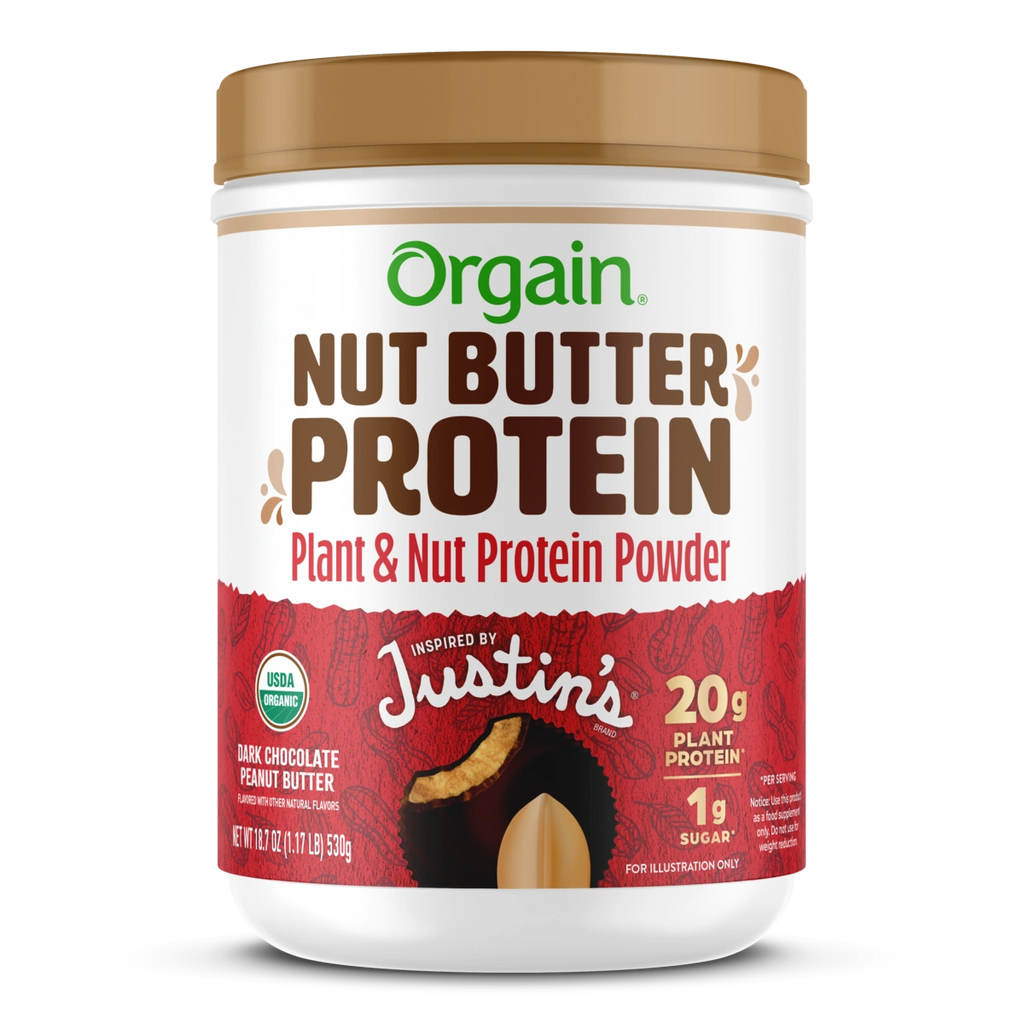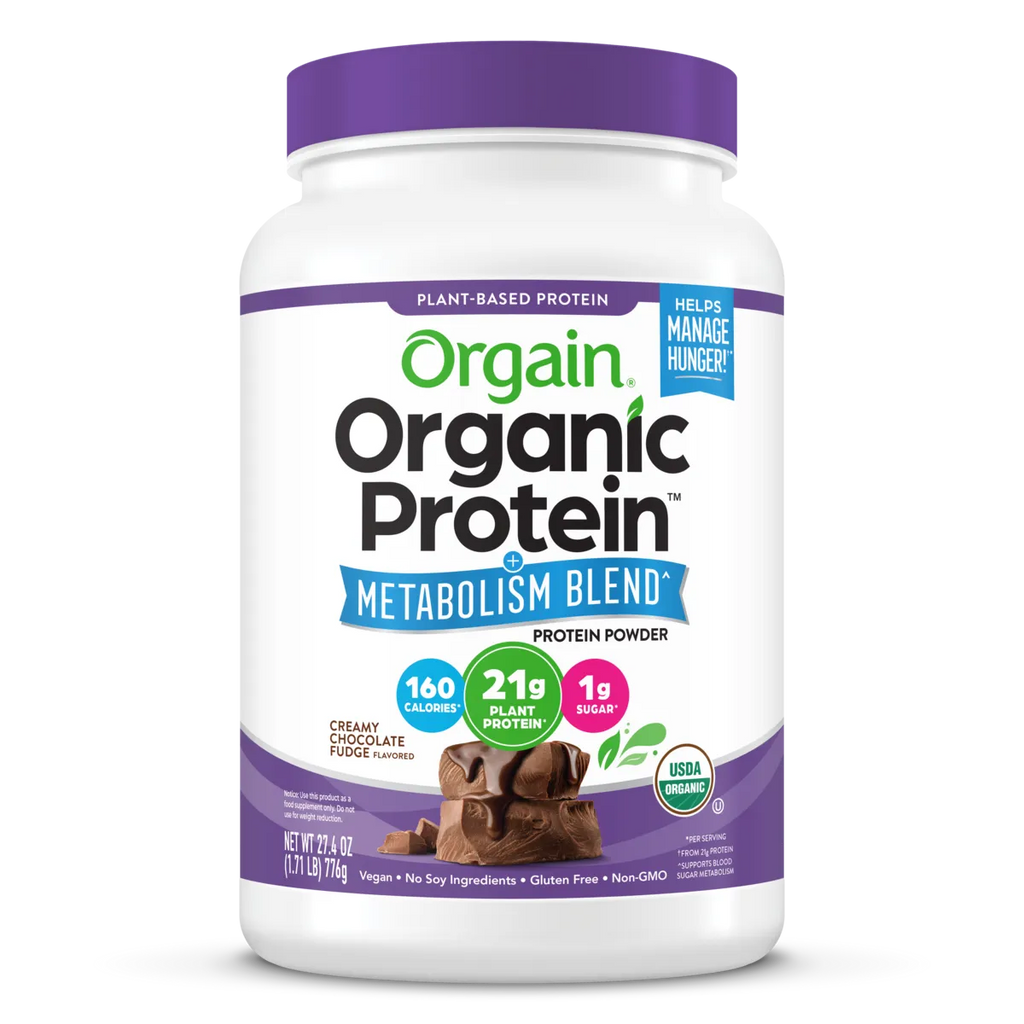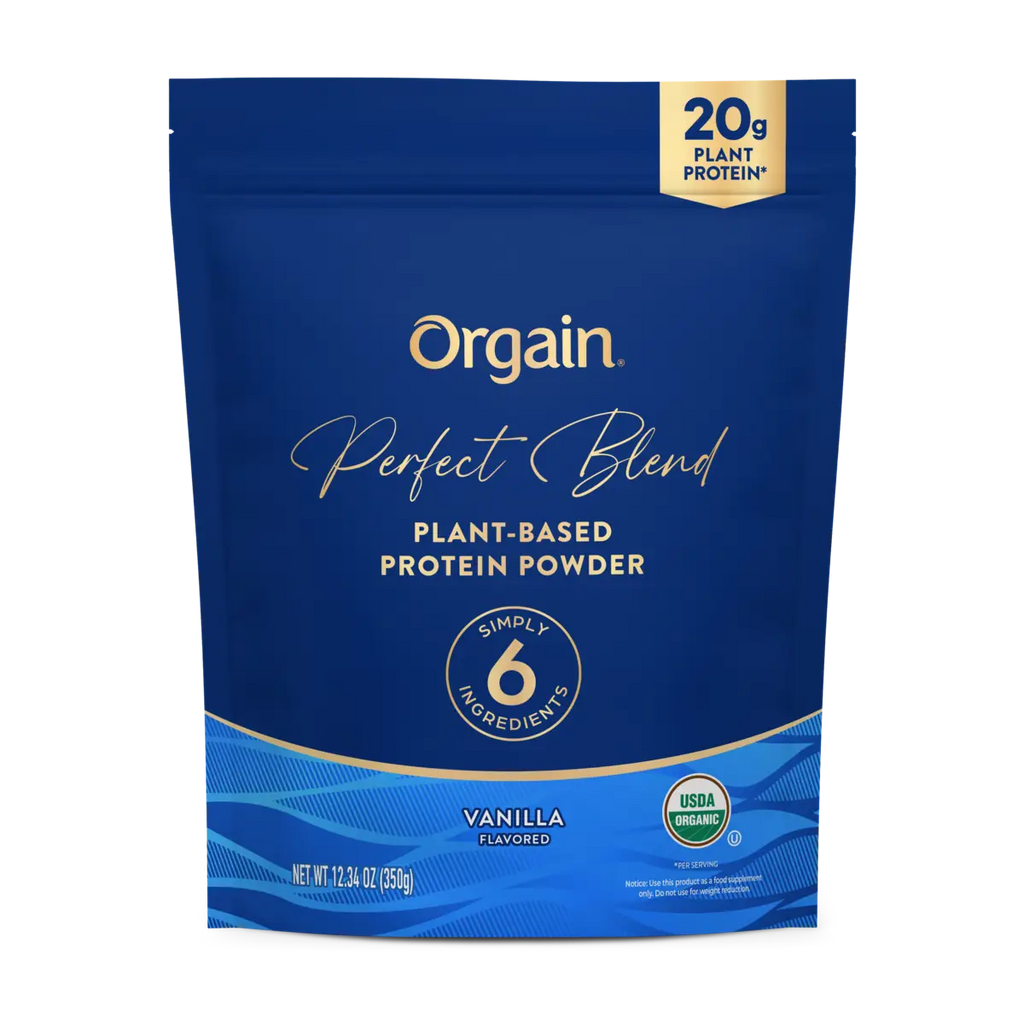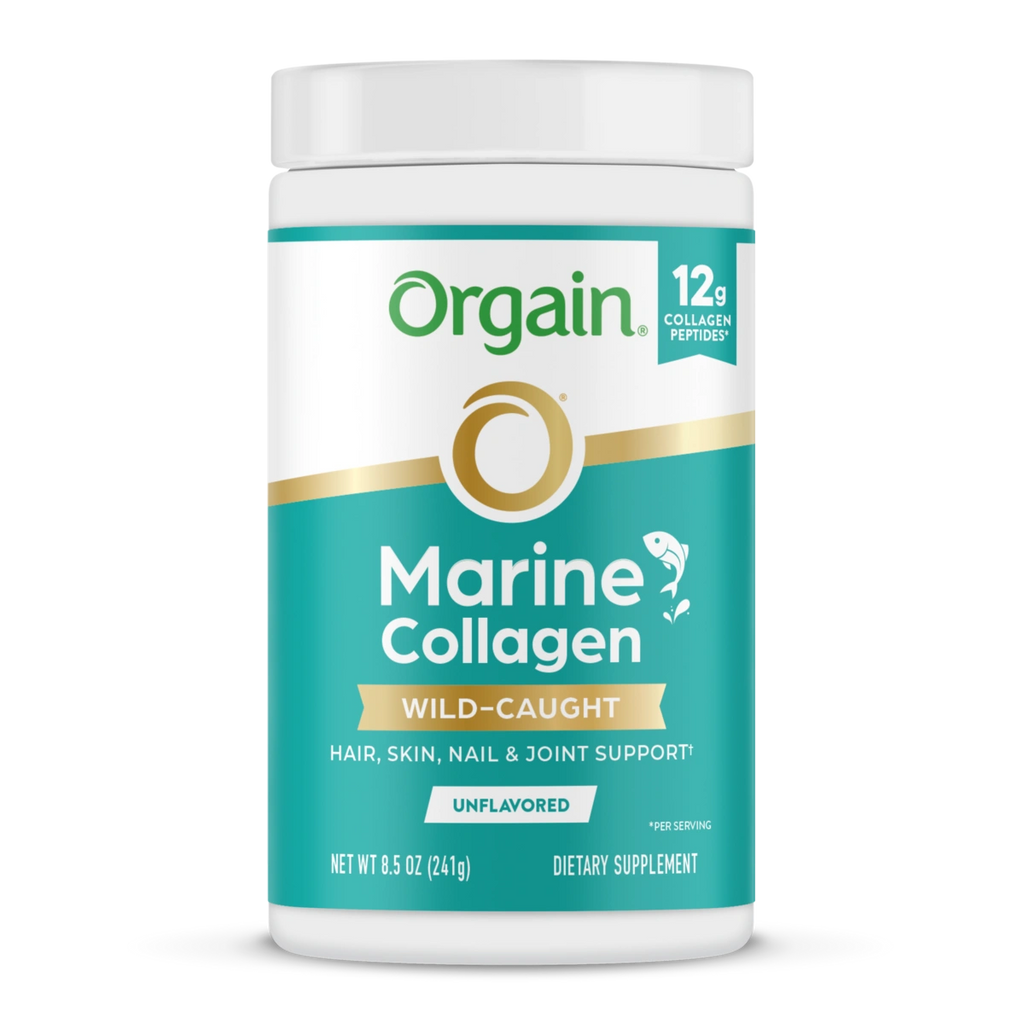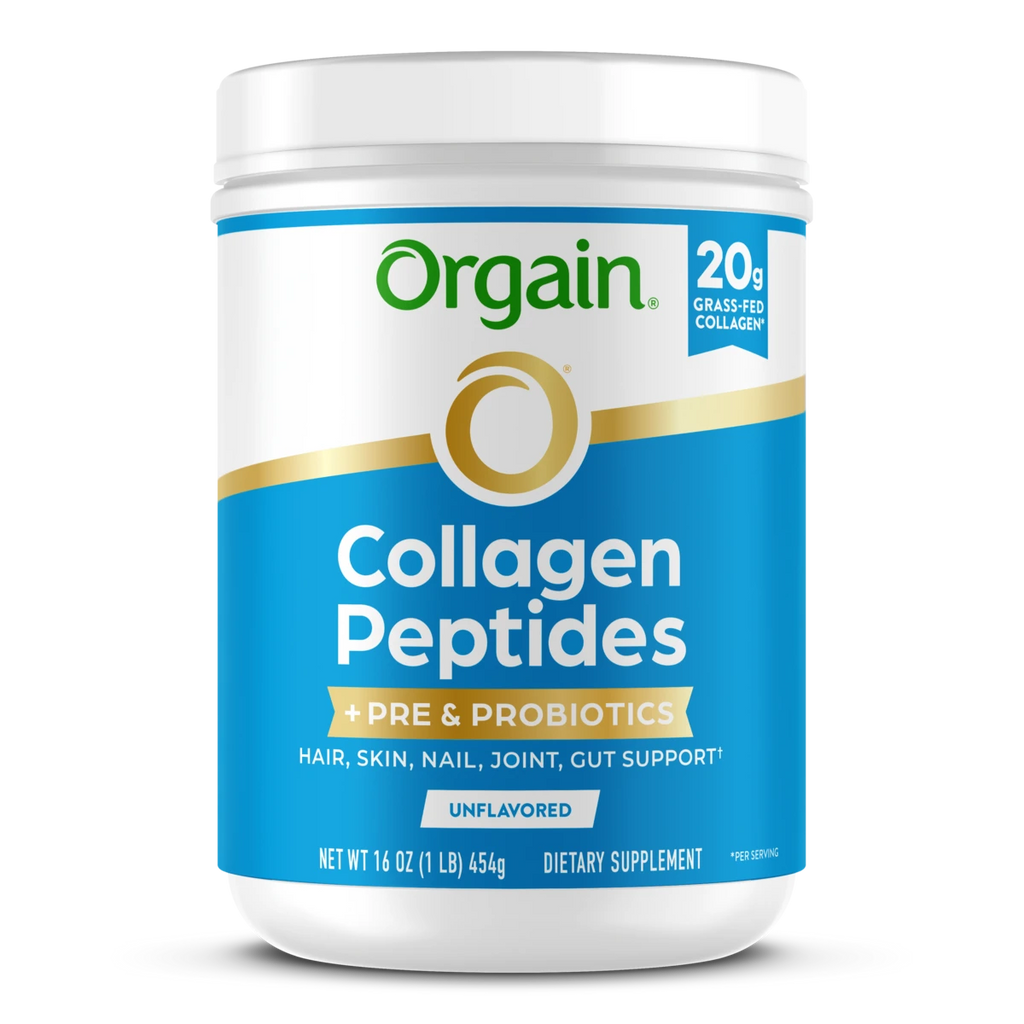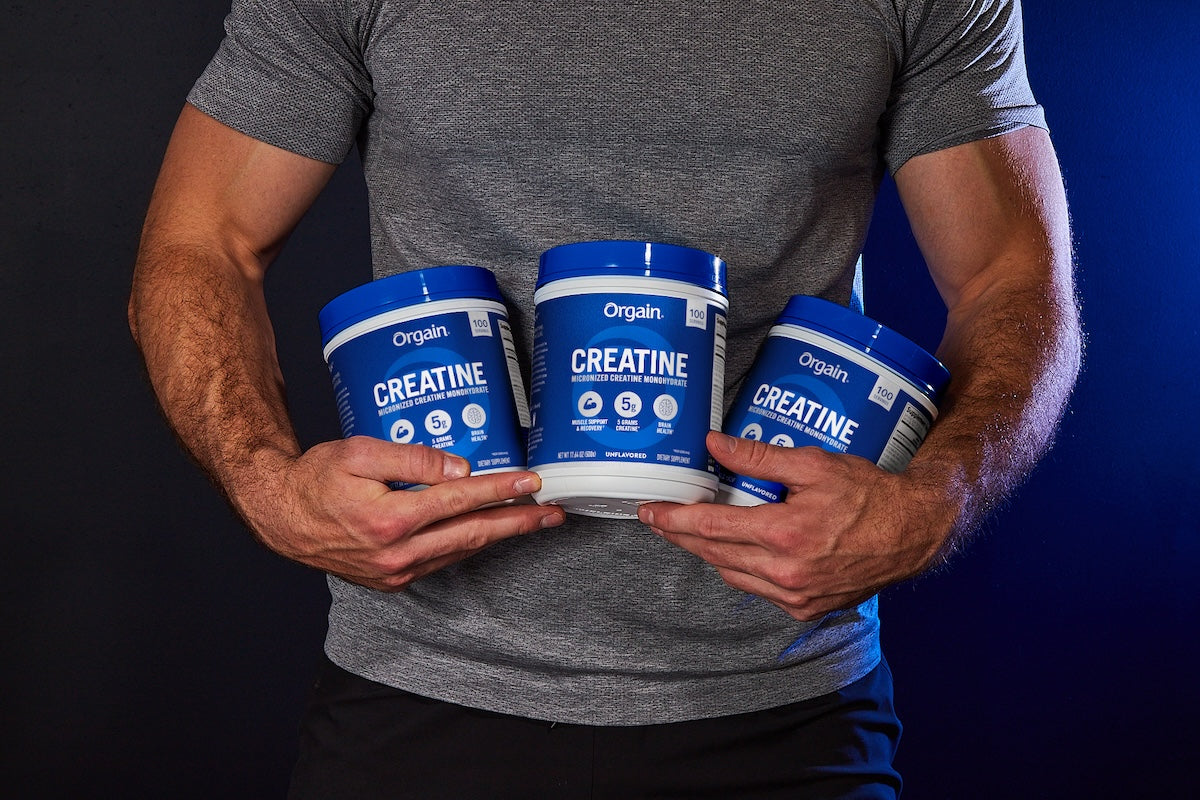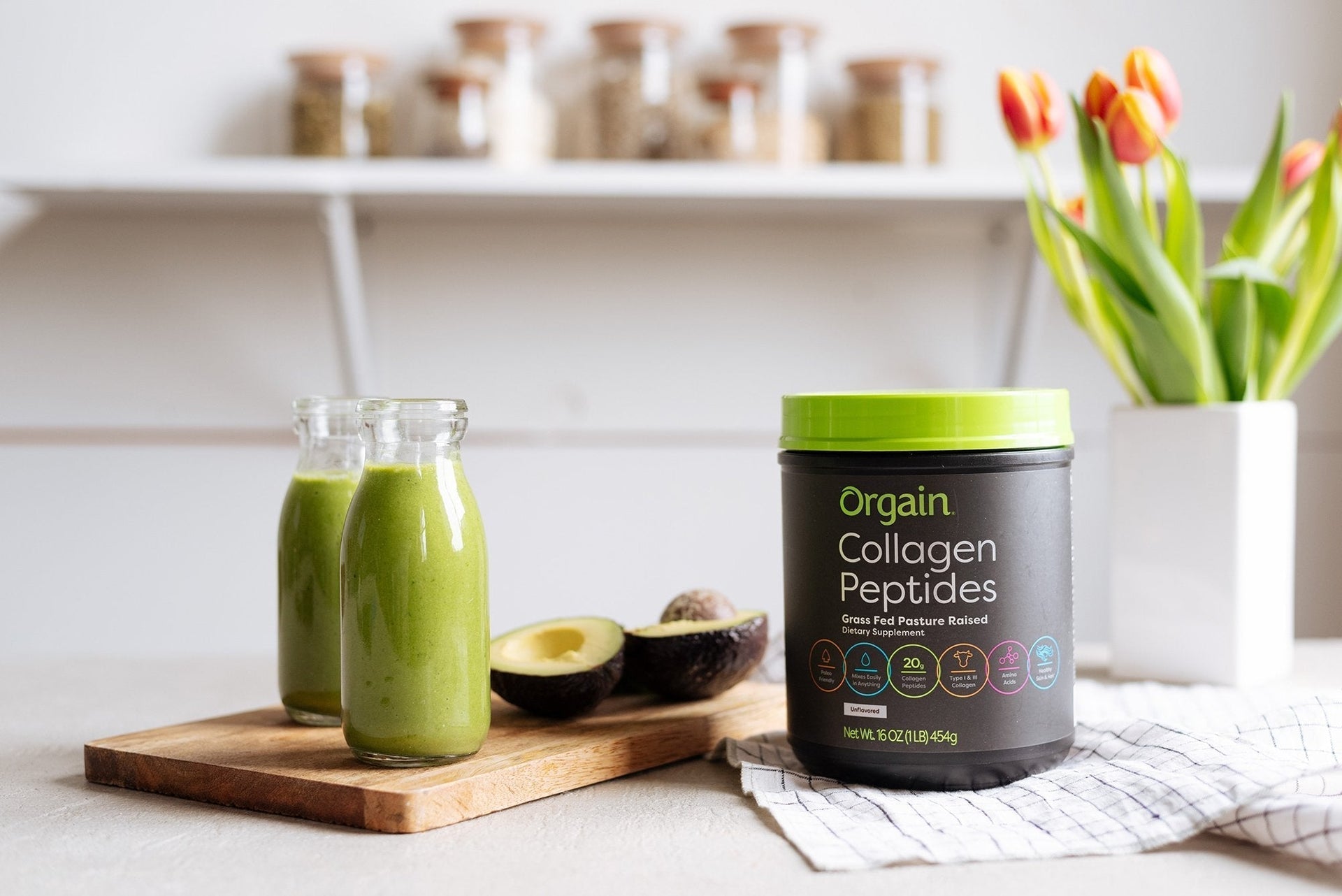Whether you’re an athlete looking to improve your strength, a mom looking for a way to add more nutrition to their everyday, or just a person who is hoping to lose weight with a high protein diet, there are many reasons why people use protein powder.
Unlike fat and carbohydrates, protein is nearly universally acknowledged as having many benefits from a nutritional standpoint, and many diets today encourage boosting your protein intake in order to support weight loss, improve muscle strength, and support a quick recovery from your workout.
One of the easiest ways to increase your protein intake is by incorporating protein powder into your diet. Whether mixed into a smoothie or baked into your pancake mix, protein powder offers a simple yet delicious way to boost your protein intake. Protein powder doesn’t have to be refrigerated, but how long does protein powder last?
What are the different types of protein powder?
There are many different types of protein powder, each of which offers a quick and easy way to increase your protein intake. Protein powder is often used by athletes to increase muscle mass, boost fat loss, and support a healthy metabolism, but there are many other reasons why people use protein powder.
Types of protein powder include:
- Dairy-based protein powder, derived from whey or casein protein
- Plant-based protein powder, derived from pea, rice, or other ingredients
- Other types of protein powder, including those derived from egg whites and collagen
In addition to pure protein derived from plant or animal sources, protein powders also often contain other added nutrients, such as vitamins, minerals, fats, and carbohydrates. Many also include natural or artificial flavors and may be sweetened using natural or artificial sweeteners to improve taste. Thickening additives can also be used to improve the creaminess of the product when blended with liquid.
Why do people use protein powder?
Protein powders are one of the most popular nutritional supplements on the market thanks to their many benefits. The body requires protein to build, maintain, and repair cells, and produce hormones, enzymes, and other chemicals.
Benefits of increased protein intake in the form of protein powder may include:
- Weight management with proper diet and exercise
- Increased muscle growth
- Supported recovery after a workout
- Healthy functioning metabolism
- Increased feelings of fullness
How long does protein powder last?
Labeling Requirements
All Orgain products have an expiration date printed on packaging — but if you’ve ever purchased protein powder somewhere else and tried to check the container for an expiration date, you may have come up disappointed. That’s because according to guidelines from the U.S. Food and Drug Administration (FDA), manufacturers of supplements like protein powder, are not required to list an expiration date on their products.
Some manufacturers may include a “best by” date or expiration date as a voluntary good faith measure designed to help consumers know how long they can keep their products. The FDA requires that manufacturers who choose to list an expiration or “best by” date provide data that shows that the listed date is not misleading or inaccurate.
Protein Powder Shelf Life
Several studies have been conducted to estimate the shelf-life of protein powder. Most of these studies have been conducted using whey protein powder, which is a common type of dairy-based protein powder. These studies typically use an accelerated shelf-life test to determine the stability of the product by measuring the stability when the product is stored under stressful conditions, such as high heat and humidity.
One study found that whey protein powder has a shelf life of at least 12 months and possibly as long as 19 months under normal storage conditions. Normal storage conditions are defined as room temperature and humidity of approximately 70 degrees Fahrenheit and 35 percent humidity.
Another study found that when stored at 95 degrees Fahrenheit at 45 to 65 percent humidity, whey protein powder had a shelf life of 9 months. By contrast, when stored at 70 degrees Fahrenheit at 45 to 65 percent humidity, the same protein powder lasted for at least 18 months.
Some types of protein powder may last for as long as two years, particularly when they contain additives and preservatives designed to increase shelf life, such as maltodextrin, salt, and lecithin.
What does it mean when your protein powder expires?
While food expiration dates are often associated with safety, the expiration dates for most protein powders, with the exception of formula made for infants, are an indicator of the quality of the product.
Studies show that the protein content of protein powder degrades with age. A study conducted over the course of 12 months found that the amount of the amino acid lysine in a protein powder decreased from 5.5 percent to 4.2 percent even when stored in normal conditions. While it should be noted that the product studied did not contain any additives, it’s apparent that protein quality can degrade over time.
How should protein powder be stored?
The best way to store protein powder is in a temperature and humidity-controlled room at a temperature of about 70 degrees Fahrenheit or 21 degrees Celsius. The humidity in the room should be no higher than 65 percent.
Storing your protein powder in the right conditions will help ensure that the product lasts as long as possible. If protein powder is stored in conditions that are too warm or too humid, the powder can go bad well before the listed expiration date or period of 18 months. Studies conducted on whey protein powder found that storing the product at a very high temperature (113 degrees Fahrenheit) for a period of 15 weeks significantly increased the amount of oxidation that occurred in the product.
Oxidation is a condition in which facts react to oxygen, and it increases over time. As oxidation levels increase, the protein powder becomes damaged, leading to undesirable changes in taste. If you notice that your protein powder has a rancid smell, has changed color, has a bitter taste, or is starting to clump, it has likely gone bad. Consuming protein powder that has gone bad, regardless of the expiration date listed on the package, can cause illness, so toss it if you notice any signs of spoiling.
Summary
If you are using protein powder, make sure to store it in a cool, dry place in order to extend its shelf life for as long as possible and prevent spoilage. Most protein powders have a shelf life of at least 18 months when stored properly. If your protein powder develops a foul smell, begins to look discolored, or starts to clump, throw it out and buy a new container of protein powder.
Sources:
Dietary Supplement Labeling Guide: Chapter I. General Dietary Supplement Labeling - FDA
Rate of maillard browning in sweet whey powder - NCBI
Volatile component change in whey protein concentrate during storage investigated by headspace solid-phase microextraction gas chromatography - Springer